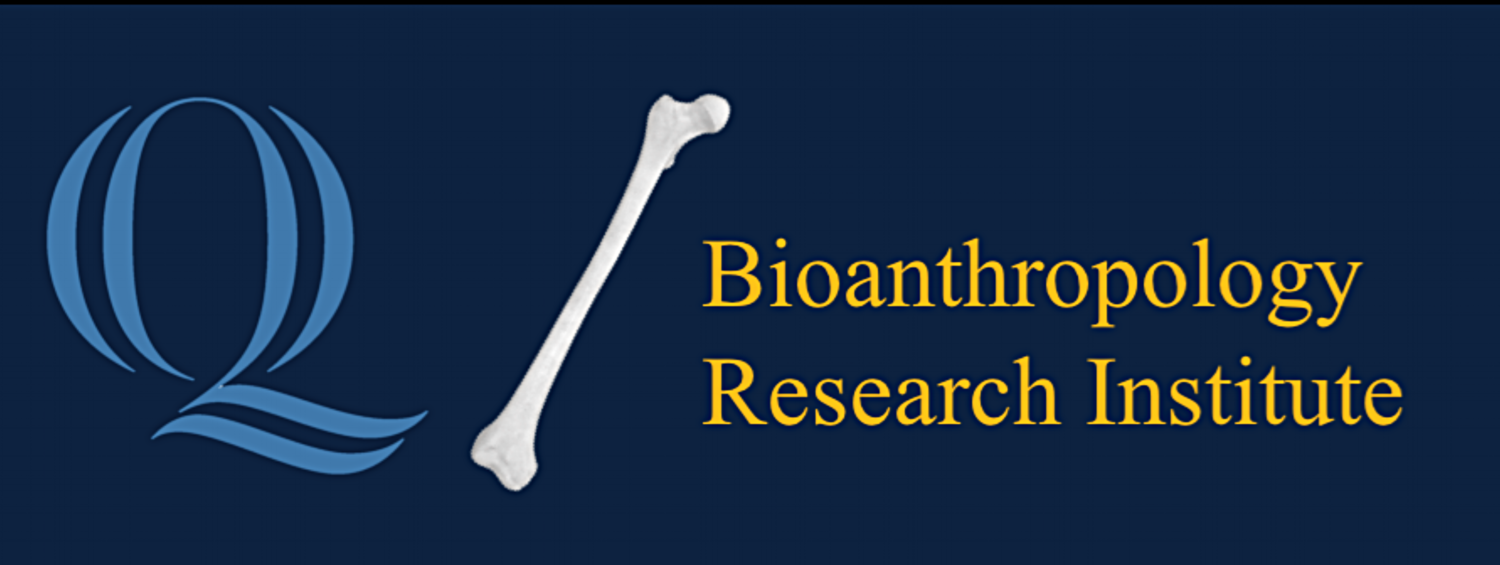Nov. 30, 2012 - The National Geographic Society's Expeditions Council has awarded Quinnipiac University's Ron Beckett, professor emeritus in the School of Health Sciences, and Gerald Conlogue, professor of diagnostic imaging in the School of Health Sciences, a grant to participate in an international nondestructive paleoimaging/bioanthropological study of approximately 40 mummies in Lima, Peru and Quito, Ecuador.
Beckett and Conlogue, who are co-directors of the university's Bioanthropology Research Institute, will spend Jan. 13-20 examining mummies dating back as far as 150 AD from the Maranga, a pre-Inca culture that lived near the coast of present-day Peru. This will be the first time Maranga mummies will be scientifically examined.
"I will be using a digital X-ray system to look inside the mummies," Conlogue said. "Previously, I had only film to use as a recording medium."
Film has a number of drawbacks, Conlogue said, including the need for a darkroom, chemicals to process the exposed film and running water to rinse the solution off of the processed film. There is also much less room for error.
"With the digital X-ray system, the resulting image can be adjusted, similar to Photoshop, and the need to repeat an exposure is eliminated," he said.
Beckett will utilize endoscopy equipment to examine the inside of the mummies' bodies and organs and attempt to create three-dimensional images of the mummies' internal features.
"We are reconstructing their lives," Beckett said. "We hope to determine their age of death, sex, etc..., as well as if there was any evidence of past trauma or trauma near the time of death to give us a better understanding of their interactions with the environment."
The professors will also look for signs of disease to better understand if the people suffered from any infection.
"It's a great collection," Beckett said of the mummies. "We love mummies. While there is much known about the material culture of the Maranga, this is an opportunity to examine a group of mummies that have not been studied from a bioanthropological perspective. It will give us a much better picture of what life and culture was like when these individuals lived."
Quinnipiac worked with Kubtec, of Milford, to secure the digital X-ray system and specially-designed transport cases that will allow Beckett and Conlogue to transport the equipment to Ecuador.
Maria Patricia Ordenez, of Quito, Ecuador; Andrew Nelson, of the University of Western Ontario; and Katherine Harper-Beckett will also participate with the expedition.
